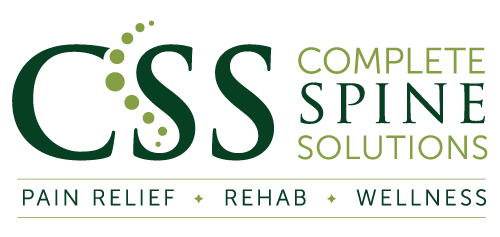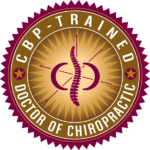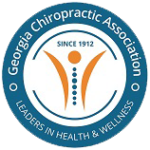
While heat may seem like the obvious go-to for relieving muscle aches and pains, cold therapy can be a more effective option. In this article, we discuss the surprising benefits of cold therapy for pain relief and how it can help you find long-term relief from chronic discomfort.
What is Cold Therapy?
Cold therapy, also known as cryotherapy, is a treatment that involves the use of cold temperatures to relieve pain. It can be used to treat a wide variety of conditions, such as arthritis, muscle pain, and injuries. Cold therapy works by reducing inflammation and swelling, numbing nerve endings, and increasing blood flow. This can help to speed up the healing process and provide relief from pain.
Overview of the Benefits of Cold Therapy
When it comes to pain relief, cold therapy is often overlooked in favor of heat. But did you know that cold therapy can actually be more effective for pain relief than heat? Here are just a few of the benefits of cold therapy:
1. Cold therapy reduces inflammation.
2. Cold therapy numbs pain receptors.
3. Cold therapy decreases muscle spasms.
4. Cold therapy can help reduce joint stiffness.
5. Cold therapy is great for headaches and migraines.
6. Cold therapy can help with post-operative pain relief.

How to Use Cold Therapy for Pain Relief
Ice is often the first thing people reach for when they’re in pain, such as muscle pain, headaches or arthritis pain. But did you know that cold therapy can actually help relieve pain? Cold therapy works by constricting blood vessels and reducing inflammation. This can help to numb the area and reduce pain. If you’re looking for relief from pain, here’s how to use cold therapy for pain relief:
1. Apply an ice pack to the affected area for 15-20 minutes at a time.
2. Wrap the ice pack in a towel to protect your skin.
3. Repeat this process several times a day as needed for pain relief.
You can also try taking a cold shower or bath to help relieve pain. Just make sure not to stay in too long to avoid frostbite!
Considerations When Using Cold Therapy
When using cold therapy, there are a few things to keep in mind. First, it’s important to wrap the ice in a towel or other protective layer before applying it to the skin. Otherwise, you risk damaging the skin. Second, don’t apply ice for more than 20 minutes at a time. Beyond that, ice can actually start to cause pain instead of relieving it. Finally, be sure to drink plenty of fluids when using cold therapy, as ice can cause dehydration.
Safety Tips for Applying Cold Therapy
When it comes to pain relief, many people automatically reach for a heat pad. But did you know that cold therapy can actually be more effective in treating pain? Cold therapy works by numbing the affected area and reducing inflammation. If you’re interested in trying cold therapy, there are a few safety tips you should keep in mind:
1. Don’t apply ice directly to the skin. Wrap the ice in a towel or piece of cloth first to avoid frostbite.
2. Don’t leave the ice on for more than 20 minutes at a time. This can cause tissue damage.
3. Be sure to monitor your skin closely while you’re using cold therapy. If you notice any redness, swelling, or numbness, stop immediately and call your doctor.
Alternatives to Ice for Pain Relief
There are many alternatives to ice for pain relief, and each has its own benefits. Understand when to use ice or heat for pain relief, massage, or chiropractic care. Here are a few of the most popular:
1. Heat therapy: This type of therapy is often used to relieve muscle tension and pain. It can be applied using a heating pad, hot water bottle, or even taking a hot bath.
2. Massage: Massage is another great way to relieve pain and tension. It can be done using your hands, a massage therapist, or a massage chair.
3. Acupuncture: This traditional Chinese medicine technique involves placing needles in specific points on the body. It is said to help release pain-relieving chemicals in the body and improve circulation.
4. Chiropractic care: This type of alternative medicine focuses on adjusting the spine and other joints to improve alignment and relieve pain. Find a reputable Chiropractic Biophysics (CBP) facility near you to receive this kind of alternative medicine.
5. Yoga: Yoga is an excellent way to stretch and strengthen the muscles, which can help reduce pain.
Conclusion
Cold therapy has been used for centuries to alleviate pain and provide relief. With the research backing its effectiveness, it’s no wonder why so many people are now turning to cold therapy rather than heat for their aches and pains. From reducing inflammation and swelling to providing a feeling of comfort, cold therapy is proving itself as a powerful tool in the fight against chronic pain. So if you suffer from any type of physical discomfort, consider giving this ancient remedy a try – you might be pleasantly surprised at what it can do!



